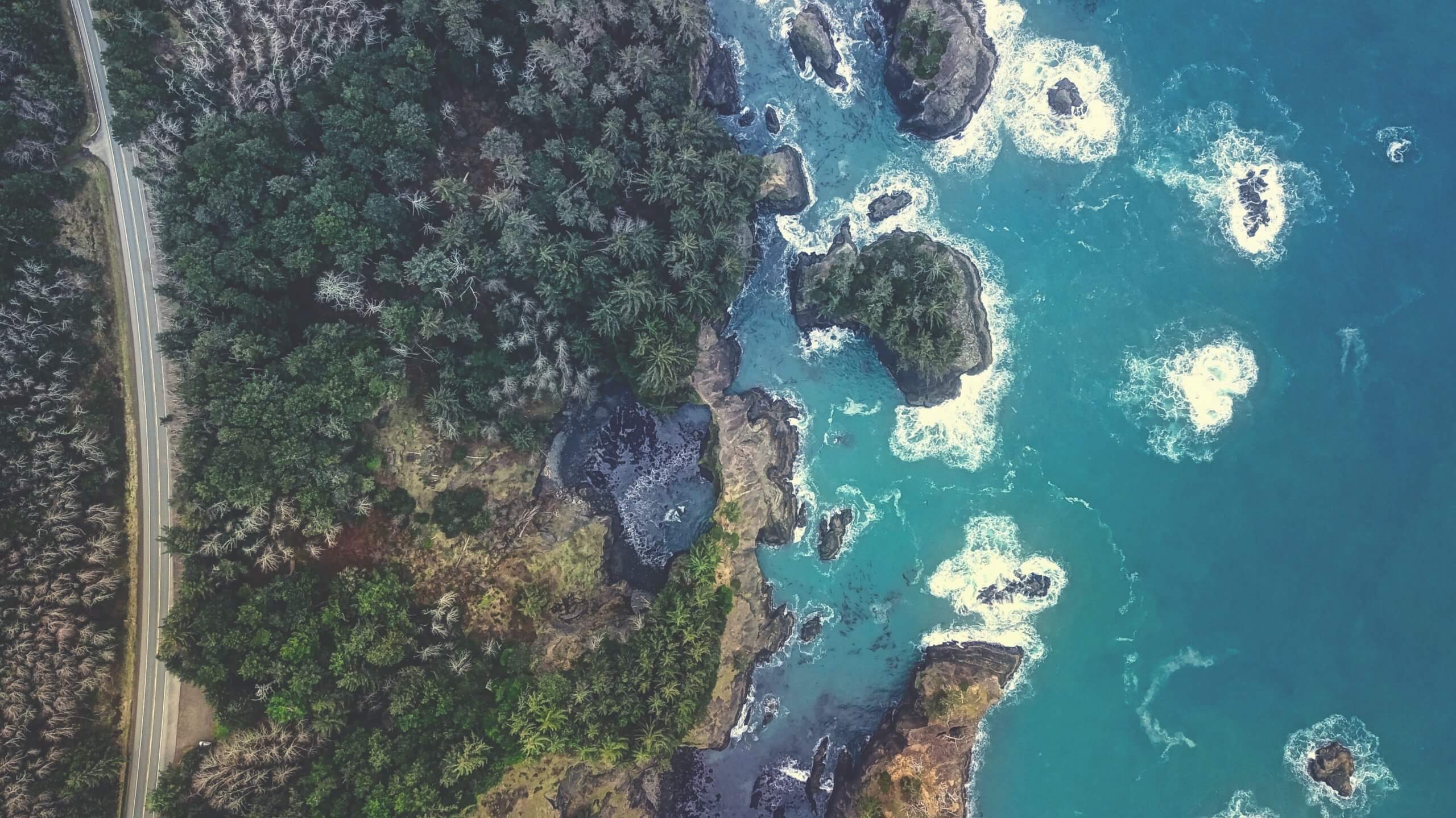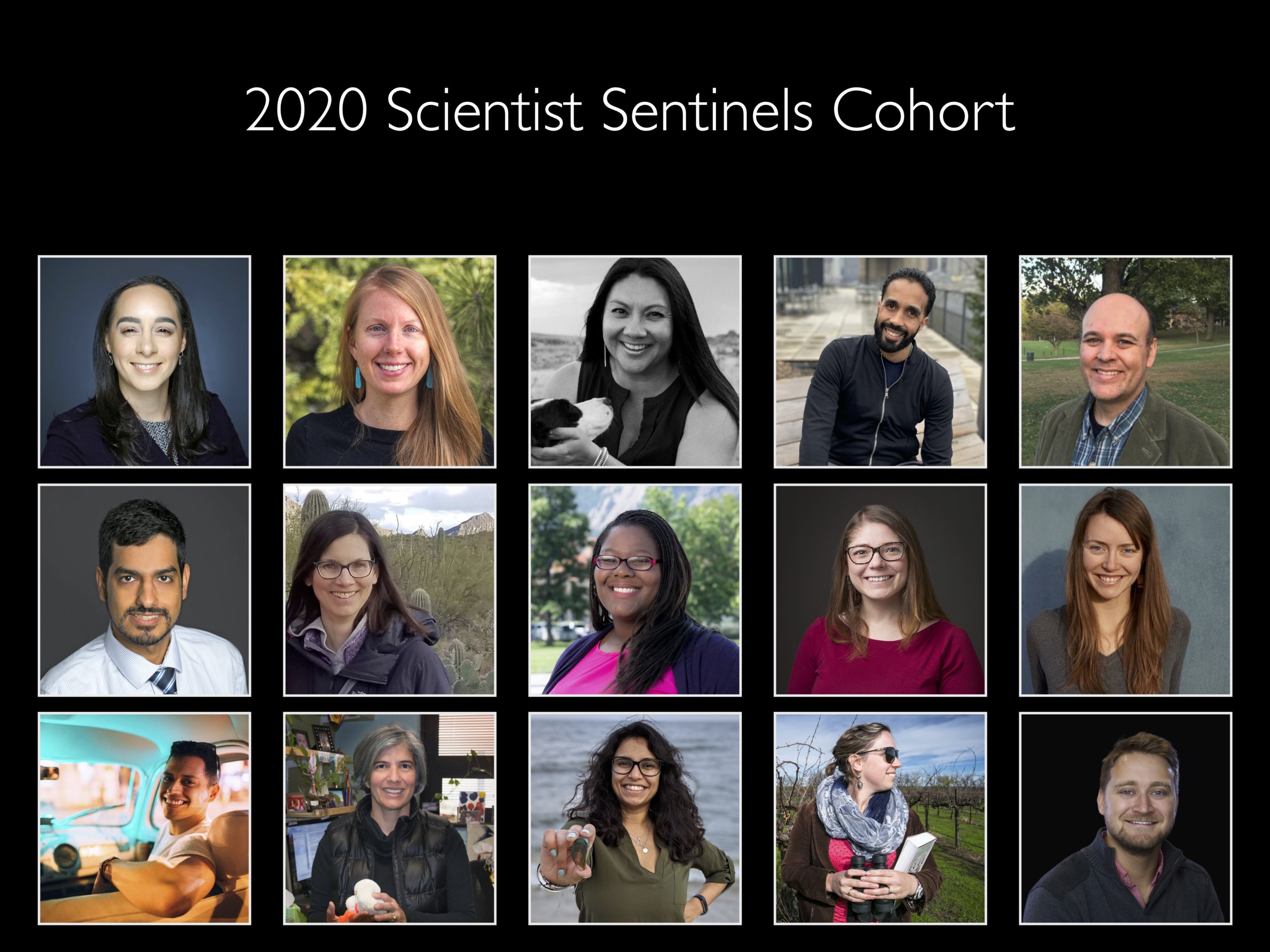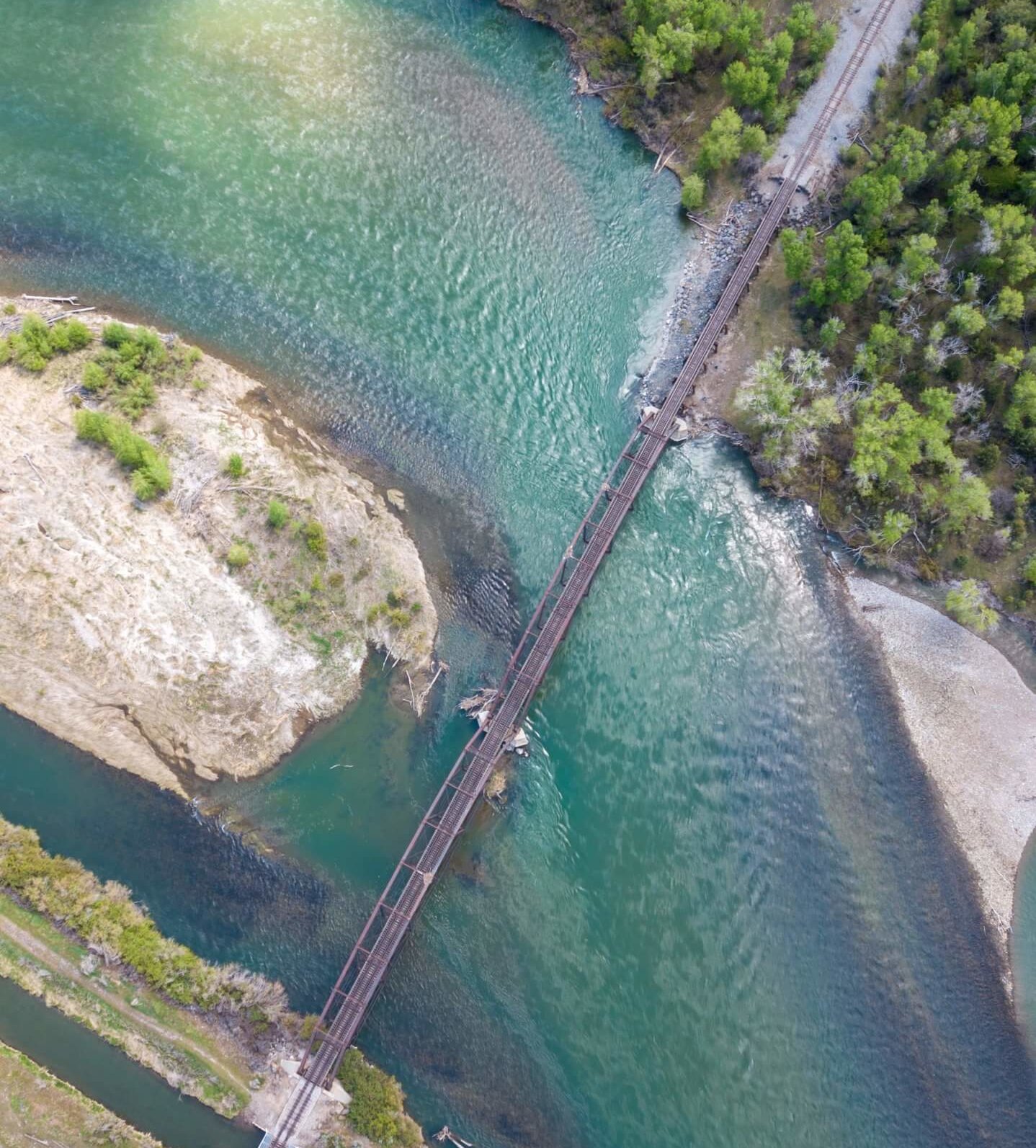Pop quiz – pick one (and only one) answer:
Hurricane Sandy was related to: a) weather, b) climate, c) oceans, d) public safety
Ocean acidification is an issue related to: a) oceans, b) carbon, c) agriculture, d) food security
Marine debris is an issue related to: a) oceans, b) consumption, c) population, d) health
Marine aquaculture is an issue related to: a) oceans, b) food security, c) agriculture, d) social equity
What are your answers? You’re correct. You probably found yourself frustrated that you could only pick one. You wanted there to be an “e) All of the above” for each one, right? You saw the connections above in the questions and answers, yet our governance, public understanding, and management of these things is, more often than not, compartmentalized into silos.
For the last decade, COMPASS has helped ocean scientists become better communicators. But it’s more than that—communication isn’t just about speaking in a clear, compelling, and relevant manner—it’s also about engaging, listening, and leading – inside and outside of science. Helping scientists make connections is at the heart of this. COMPASS has connected political scientists from New England with geologists from California to share information with Congress and Federal Agencies about the restoration in the Gulf of Mexico. We have connected anthropologists, ecologists, economists, fisheries experts, and oceanographers to realize the shared implications of their science for marine ecosystem-based management. Supporting scientists to cross traditional boundaries and disciplines has helped elucidate the connectivity within oceans.
We bust silos. And we’re excited to see the ocean community increasingly embracing this ethos. Now we’re taking our own advice to the next level. COMPASS is beginning to expand our scope, looking to support scientists working on a myriad of issues including, connected to, and beyond oceans.
Today, our global society is tackling some pretty big and important questions—how are we going to feed nine billion people and ensure they have access to water, energy, other needs and even wants? COMPASS’ role addresses two important aspects of working towards solutions: 1) scientists need to be at the table for these discussions—informing and transforming decisions, and 2) we need to be making connections among issues, disciplines, and experts to figure this all out. Effective communications and leadership, which has been at the heart of our work and mission, are core to scientists’ ability to engage in these ways.
We’ve coached, connected, and empowered ocean scientists to this end for a decade—we’ve raised public awareness of ocean issues, transformed policy dialogues about oceans, and empowered scientists to think differently about their own research questions and approaches. This has been a powerful model, and that’s why we have spent the better part of the last year talking to individuals—scientists, policymakers, journalists, business leaders, philanthropists—about how to apply our model more broadly. We’re thrilled (and a wee bit nervous) about the prospects of providing our communications support to scientists across any disciplines relevant to tackling these intense questions of people and planet.
Most of our conversations during our exploratory phase went like this: “COMPASS is thinking of expanding our scope beyond oceans, what do you think?” What I heard from scientists outside the marine realm almost every time was “YES! I need you. My colleagues need you!” But in one conversation with a long-time marine scientist colleague, I got a different response: “OH NO! You can’t!” She pleaded, “Ocean science still needs you. Don’t abandon us.” My response was: “We’re not abandoning you. We’re going to do an even better job of helping connect you.”
So, we’re taking the leap… Our world no longer ends at the beach.


